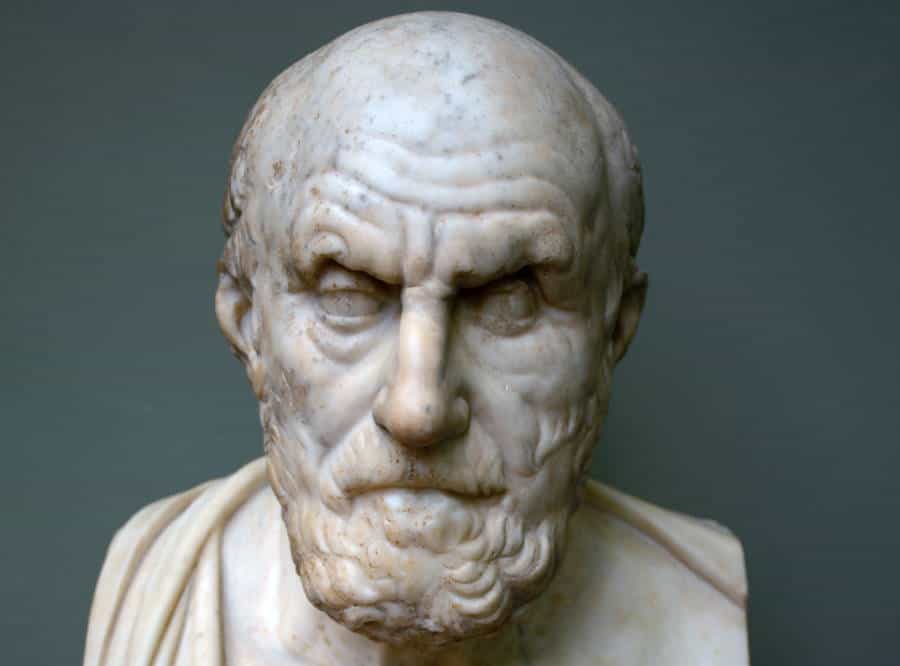
ADVERTISEMENT - CONTINUE READING BELOW
The Philosopher Who Laughed Himself to Death
“Laughter is the best medicine” is an old adage with which the ancient Greek philosopher Chrysippus (circa 279 – circa 206 BC) might have disagreed, since laughter killed him. Chrysippus was an influential intellectual and man of letters. He greatly influenced and shaped Stoicism, and later Stoic philosophers acknowledgd that he had laid much of the groundwork upon which they built. In addition, he offered alternatives to the theories of Plato and Aristotle that did much to shape the era’s intellectual landscape. Today, however, Chrysippus is probably best known as the philosopher who laughed himself to death. He was born in Soli, near today’s Mersin, Turkey, and was an athlete in his youth, dedicated to long distance running before he turned to philosophy. He packed up and moved to Athens, where he studied Stoicism under Cleanthes, head of the Stoic School. Chrysippus became the school’s most gifted student.

ADVERTISEMENT - CONTINUE READING BELOW
When Cleanthes died in 230 BC, Chrysippus succeeded him. He was a prolific writer who penned over 700 books. No full treatise remains, but fragments of about 475 of his works have survived. They include summaries and critical evaluations of the Hellenistic schools. It is from those sources that scholars have collected the materials for a coherent picture of Stoic philosophy and philosophers. Chrysippus was not just about intellectual pursuits, however: he liked to party, and partied hard, well into old age. At one party, when he was around 73-years-old, he got drunk on undiluted wine (most Greeks back then mixed wine with water), then saw a donkey eating a fig. That struck him as hilarious, and he went into paroxysms of uncontrollable laughter. He cried out “now give the donkey a drink of pure wine to wash down the figs“, and laughed himself to death.

